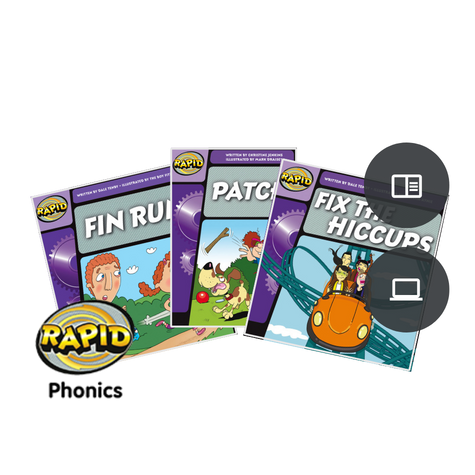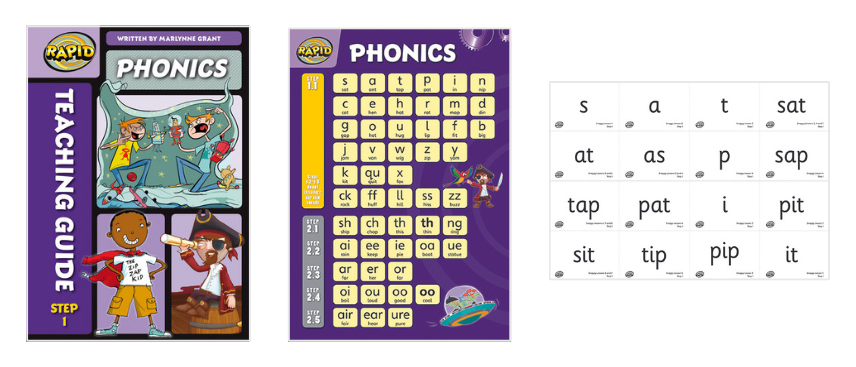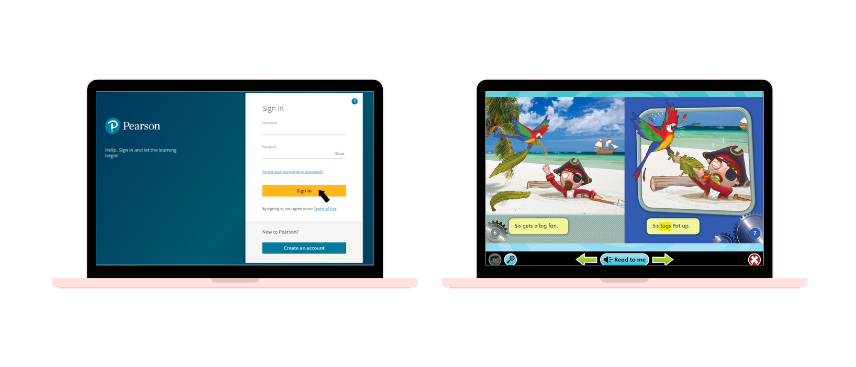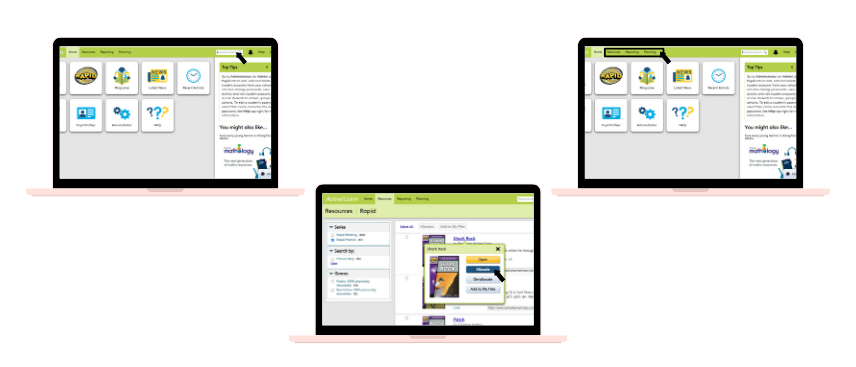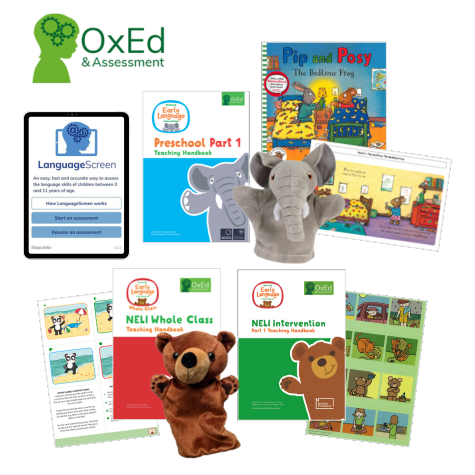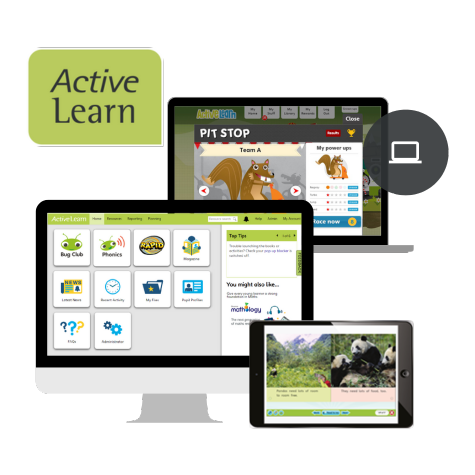Overview
-
Year Levels F–2
-
Curriculum ACT, NSW, NT, QLD, SA, TAS, VIC, WA, NZ
-
Subject Literacy
-
Resource Formats Print, Digital
-
Learning Focus Intervention, Synthetic phonics and decodable readers, Independent reading, Modelled reading, Take-home reading
What it is
Rapid Phonics is an intervention program for:
- students working behind reading expectations
- students with special education needs.
It’s designed to increase confidence by helping students read fully decodable and age-appropriate books accurately, quickly, and with expression.
Why it works
What it includes
Discover how Rapid Phonics helps students improve reading ability from school and home.
Rapid Phonics
Decodable readers
Rapid Phonics is divided into sets of decodable readers based on three synthetic phonic steps core steps:
- Step 1: Alphabet phonemes (18 titles)
- Step 2: Diagraphs and trigraphs (16 titles)
- Step 3: Alternative spellings (22 titles)
The decodable readers feature:
- clear sequencing of phonemes/graphemes
- dyslexia-friendly fonts which are well-spaced and sized just right
- repetition of the target phoneme/grapheme
- inclusion of high-frequency sight words
All 56 readers are available in print and digitally.
Rapid Phonics
Teacher Resources
Rapid Phonics teaching resources support teachers to deliver phonics intervention sessions suitable for one-on-one teaching or small groups.
- A Programme Handbook outlining the core principles of Rapid Phonics
- A Teaching Guide for each core step containing easy-to-set assessments and detailed lesson plans
- A Phonics Progression wallchart available in print or online
- Print flashcards and other photocopiable resources
Rapid Phonics Digital
A supportive online world
All 56 Rapid Phonics readers are available as eBooks on ActiveLearn Primary. Each eBook has interactive features to boost reading success:
- a pronunciation guide to the phonemes and graphemes in the book
- a read-to-me function to demonstrate fluent reading and hook students into the text
- audio-only instructions to make activities less intimidating and difficult
Rapid Phonics Digital
Versatile teaching resources
ActiveLearn Primary’s online platform allows you to:
- easily find and utilise a wealth of teaching material
- utilise in-depth planning, assessment, and reporting tools
- search and allocate readers to students
- track, assess and report on students’ reading progress.
Samples & downloads
Tools to help you unlock the world of Rapid
- Rapid - Closing the Gap in Phonics and Reading Download PDF (9.7MB)
- Rapid - Book Tracker Download XLSX (1.4MB)
- Rapid - Literacy Components Chart Download PDF (5.8MB)
Discover the difference Rapid made in this independent study from the UK’s National Foundation for Educational Research.
- Helping struggling learners to close the gap Download PDF (1.8MB)
- ActiveLearn Primary - Rapid - Getting Started Guide For Teachers Download PDF (686KB)
- ActiveLearn Primary - Getting Started Guide For Schools Download PDF (720KB)
- ActiveLearn Primary - Getting Started Guide For Parents Download PDF (439KB)
ON-DEMAND WEBINAR
Championing oral language in your school
Using the Science of Learning research to support early oral language developmentJoin the expert panellists to uncover the facts about the impact early oral language difficulties can have on a student’s future. By the end of the webinar, you will understand how your school can positively impact learning by firstly identifying and then addressing early oral language difficulties with greater accuracy and efficiency using the Science of Learning research.
Watch the webinar recording